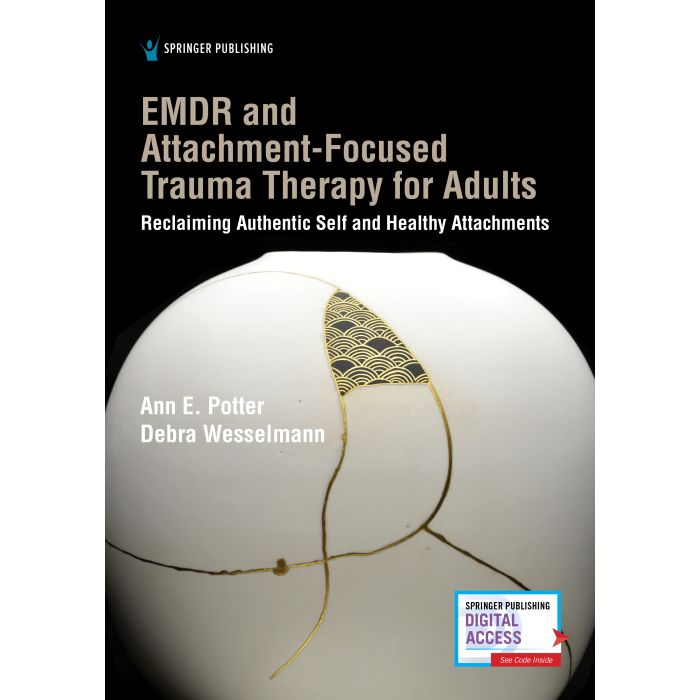Concomitant psychotropic medication is associated with reduced outcomes of trauma-focused psychotherapy for post-traumatic stress disorder
This study emulated target trials to examine the association between psychotropic co-medication at treatment onset and psychotherapy outcomes in a real-world PTSD cohort.
Article Abstract
“Introduction: Psychotropic medications are frequently prescribed alongside trauma-focused psychotherapy for posttraumatic stress disorder (PTSD), yet their impact on treatment response remains uncertain. This study emulated target trials to examine the association between psychotropic co-medication at treatment onset and psychotherapy outcomes in a real-world PTSD cohort.
Methods: A prospective cohort of 6,125 adults with chronic or delayed-onset PTSD received a standardized 2–8 day trauma-focused psychotherapy program, including daily prolonged exposure and eye movement desensitization and reprocessing, at a Dutch psychotrauma center (2021–2024). Target trial emulation with double machine learning with inverse probability of treatment weighting estimated the effects of specific psychotropic co-medications versus non-use on changes in Clinician-Administered PTSD Scale for DSM-5 (CAPS-5) scores (range, 0–80) from pre- to post-treatment.
Results: Mean CAPS-5 scores improved by 25.7 points (Cohen’s d=–2.30). Psychotropic co-medication (n=1,382) was associated with reduced symptom improvement compared with non-use (model-estimated difference = –2.52 points; relative reduction = –9.4%, 95% CI = –10.0 to –8.9; d=–1.11, E=10.0). This effect that persisted at 6- month follow-up (d=–0.42). Antidepressants overall (d=–0.28; follow-up d=–0.56), amitriptyline (d=–0.51), and mirtazapine (d=–0.29) were consistently associated with poorer outcomes across sensitivity analyses. Similar patterns were observed for anticonvulsants, mood stabilizing anticonvulsants, antipsychotics, fluoxetine, zolpidem, and zopiclone. Sensitivity analyses and E-values indicated robustness to unmeasured confounding.
Conclusion: Several psychotropic co-medications were associated with reduced outcomes of evidence-based trauma-focused psychotherapy for PTSD. By identifying this as a potentially modifiable factor, psychotherapy outcomes may be optimized. Trials are warranted to evaluate whether tapering or substituting these agents improves outcomes.”
—Description from publisher
Article Access
Open Access
Steenen, S. A., van Westrhenen, R., Steenen, C. C., Klausch, L. T., & de Jongh, A. (2025). Concomitant psychotropic medication is associated with reduced outcomes of trauma-focused psychotherapy for post-traumatic stress disorder. Psychotherapy and Psychosomatics. Open access: https://doi.org/10.1159/000549259
Date
November 10, 2025
Creator(s)
Serge A. Steenen, Roos van Westrhenen, Camilo C. Steenen
Contributor(s)
L. Thomas Klausch, Ad De Jongh
Topics
PTSD
Practice & Methods
Comparative Studies, Integrative Therapies
Extent
24 pages
Publisher
Karger
Rights
© 2025 The Author(s). S. Karger AG, Basel
APA Citation
Steenen, S. A., van Westrhenen, R., Steenen, C. C., Klausch, L. T., & de Jongh, A. (2025). Concomitant psychotropic medication is associated with reduced outcomes of trauma-focused psychotherapy for post-traumatic stress disorder. Psychotherapy and Psychosomatics. Open access: https://doi.org/10.1159/000549259
Audience
EMDR Therapists
Language
English
Content Type
Article, Peer-Reviewed
Access Type
External Resource, Open Access





